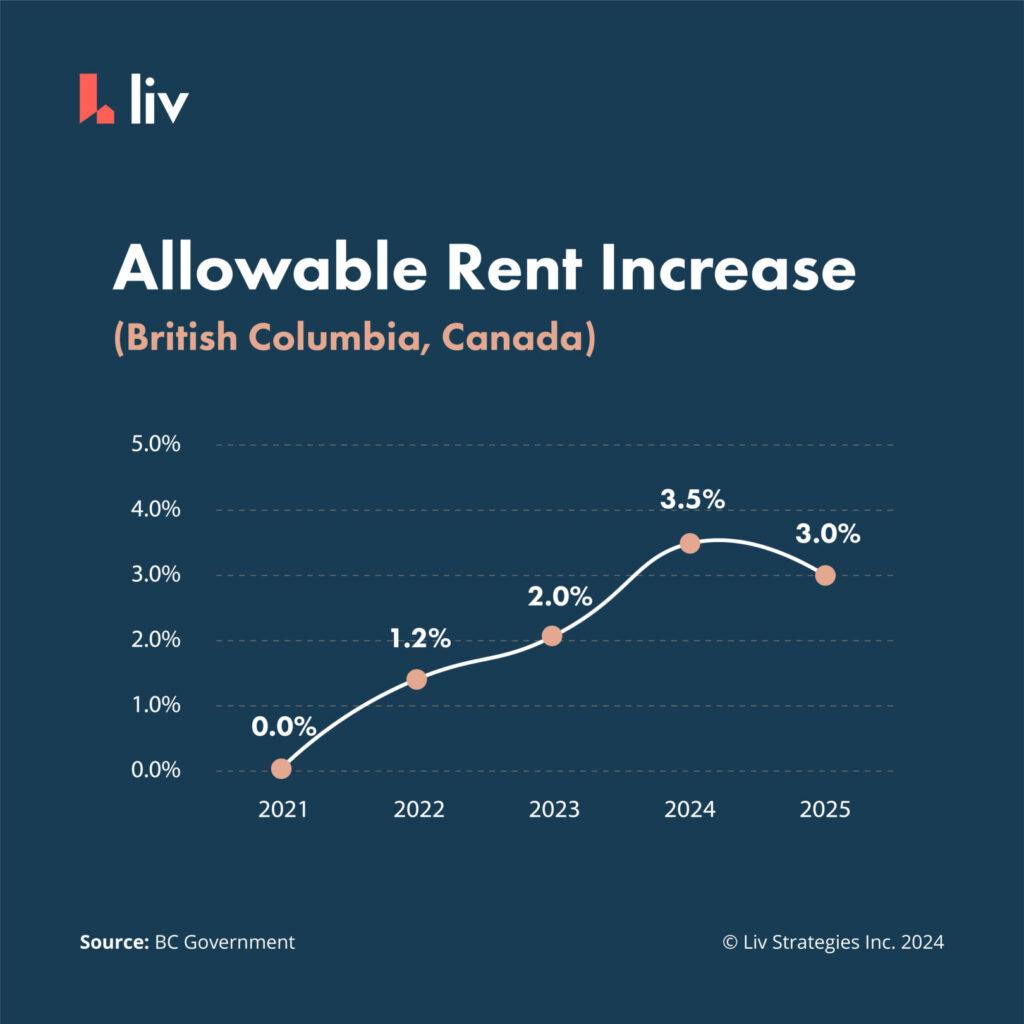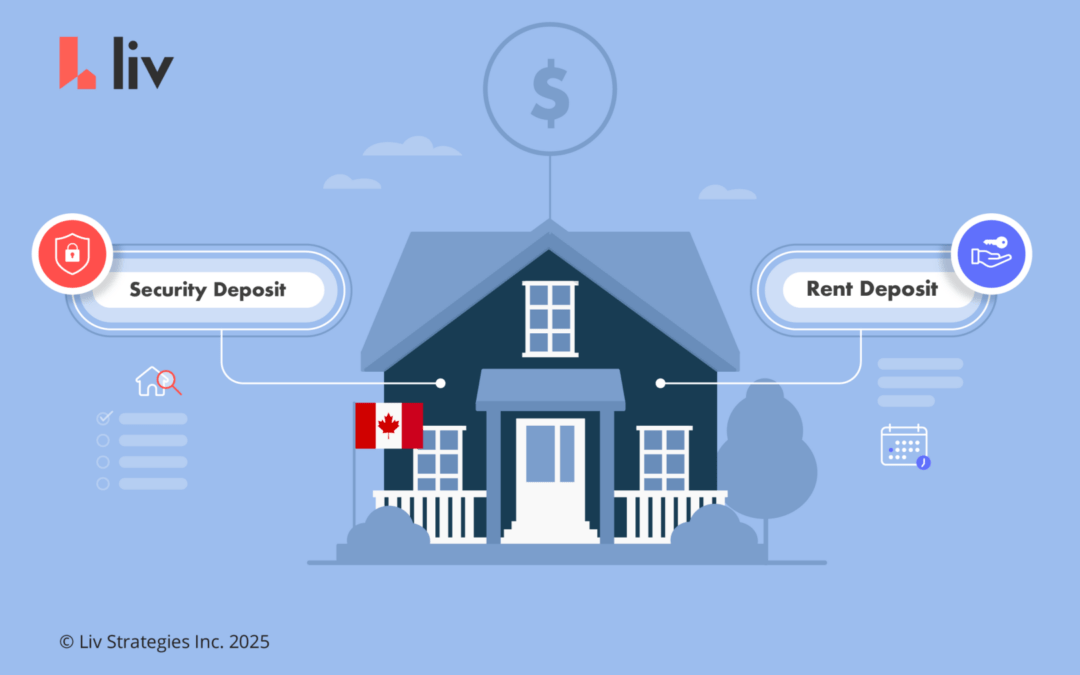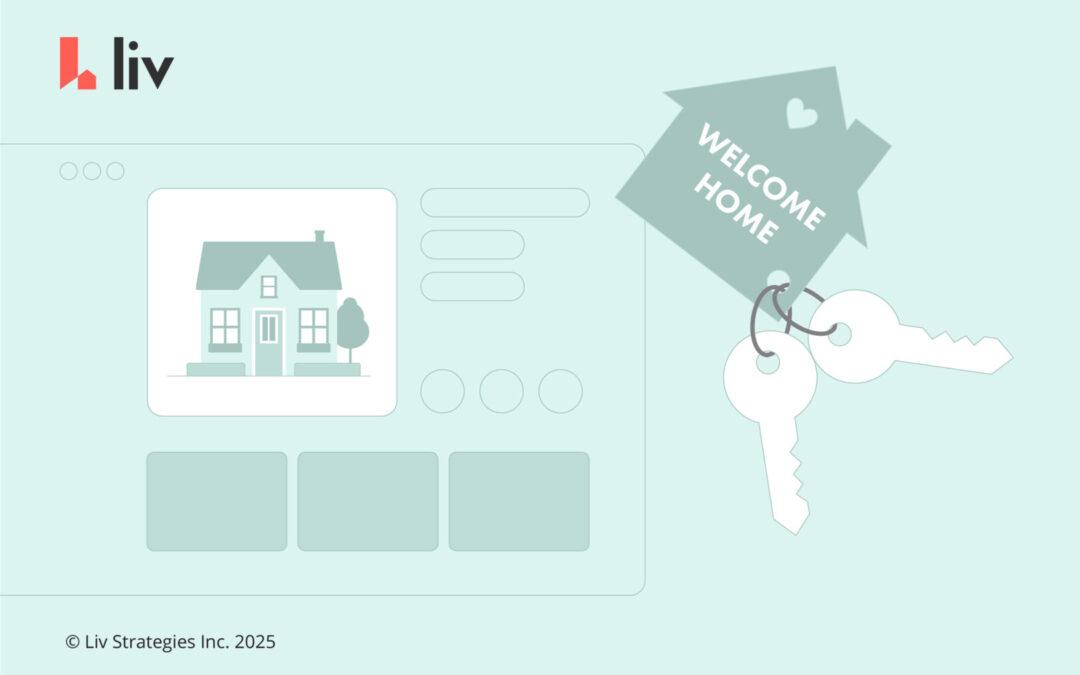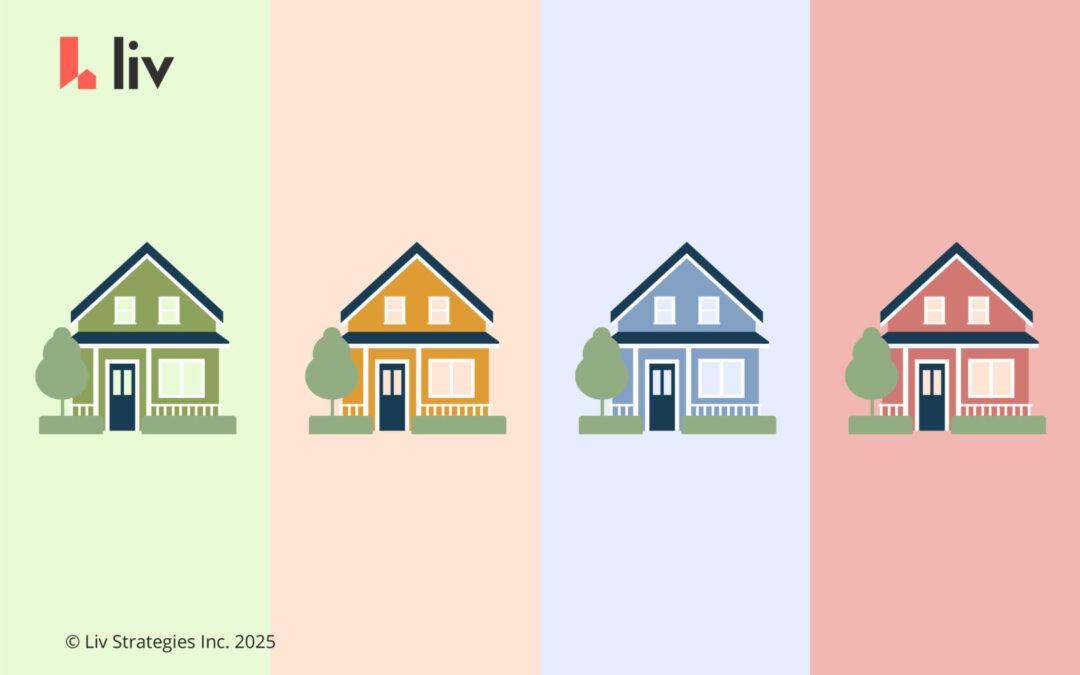For many renters and landlords, a new year means the potential for another rent increase. For those worried about a steep increase in their monthly payments though, rest assured — your landlord can only raise your rent up to a maximum amount dictated by the Residential Tenancy Branch of B.C. (RTB). Just how much can landlords raise rent in the coming year, though? Today, liv.rent will be covering everything BC renters need to know about rent increases including the maximum allowable rent increase for 2025, when and how landlords can increase rent, and more.
Join Our Newsletter
For more info on rental laws and policies (e.g. eviction, lease agreements, repairs & maintenance), subscribe to get the latest news.
What renters need to know about rent increases
In B.C. and certain other Canadian provinces like Ontario, local tenancy boards outline a maximum allowable rent increase each year based on a variety of factors such as mortgage rates and the Consumer Price Index. Since changes made by B.C.’s provincial government in 2018, these maximum allowable rent increases typically mirror inflation, in an effort to keep rises in price to a minimum.
Increases for 2025 cannot take effect before January 1st, 2025, and a minimum of three months’ written notice must be given before any increase using the proper notice of increase form. Landlords can also only raise the rent for tenanted units only once every 12 months.
Note that these rules only apply if you are currently renting a unit and your landlord wishes to raise rent. If a lease term comes to an end and the landlord chooses to re-list the unit, the maximum allowable rent increase doesn’t apply to the price they rent to a new tenant.
BC’s maximum allowable rent increase
Effective January 1st, 2025, B.C. landlords can raise rent prices by up to 3% for existing tenancies, according to the latest announcement from the province’s Residential Tenancy Branch. This comes amid rapidly rising interest rates, with the province setting the maximum allowable increase guideline well below what was commonly expected. Typically, rent increases are tied to the 12-month average inflation rate, which was 2.5% at the time of the announcement.
You can find a graph comparing B.C.’s allowable rent increases from year to year here:

FAQ: Rent increases in BC
What is the allowable rent increase for 2024?
Beginning January 1st, 2025, B.C. landlords will be able to raise the rent for existing tenancies by up to a maximum of 3%.
For example, if your 2024 rent was $2,000/month, your landlord can increase the monthly rent by a maximum of 3% to $2,060 for 2025. Use the BC rent increase calculator to help calculate exactly how much your landlord can increase your rent.
When can my landlord increase my rent?
In British Columbia, your landlord can only increase rent once in a 12-month period and only 12 months after the date of the last legal rent increase. They will have to give you, the tenant, a minimum of 3 month’s warning that an increase is imminent.
If your rent was increased in April 2024, your landlord can implement another increase as soon as April 2025 and must provide a written warning by January 2025 at the latest.
What are the exceptions?
There are 2 main exceptions:
1) Landlords of a manufactured (mobile) home park can increase rent by the allowable annual amount plus an additional amount to cover local government levies and regulated utility fees.
2) The landlord has received tenant’s written agreement to raise the rent more than the maximum allowable amount or by order from the Residential Tenancy Branch.
In this case, a landlord must apply to an arbitrator for approval of a rent increase in an amount that is greater than the maximum annual allowable amount. The RTB only accepts such applications on limited grounds.
What does allowable rent increase percentage mean?
The Legislation specifies that a rent increase cannot exceed the percentage amount. If you paid $1000/month for all of 2024, then your landlord cannot increase your rent by more than $30 (1000 x 3%).
Also, a landlord cannot round up any cents left when calculating the increase. For example, if your rent is $1390 and the maximum allowable increase is $48.65, your landlord can issue a Notice of Rent Increase for $1438.65, not $1439.
You can calculate your allowable rent increase using this online tool: BC Rent Increase Calculator
How is the allowable rent increase percentage calculated?
Each September, the RTB issues the maximum allowable increase percentage for the upcoming calendar year. Based on the Consumer Price Index in British Columbia figures up to July, the allowable rent increase mirrors the rate of inflation as dictated by Section 22 of the Residential Tenancy Act.
What are the reasons for rent increase?
There are many reasons why your landlord may increase rent, such as an increase in property taxes, maintenance fees, mortgage payments and more.
Always have open communication with your landlord, reach out and have a conversation about it. Reasons may be personal and specific for each landlord.
What if my landlord increased my rent higher than the allowable amount?
You do not have to pay an increase that is higher than the amount allowed by law. If your landlord’s rent increase has exceeded the legal amount, and you have already paid rent under said increase, you may deduct any overpayments from future rent. Again, speak to your landlord if you believe you have been overcharged.
What is the average increase in rent per year?
This is the second year under new provincial regulation that limits the allowable increase to the cost of inflation. Previous to 2019, old rules permitted landlords to raise rents by the cost of inflation plus 2%. However, BC’s provincial government has now eliminated this 2% add-on rule.
What is a fair rent increase percentage?
While the annual allowable rent increase is an indicator of the maximum rent increase, your landlord may want to adjust this to fit your situation and the rental market. See how your rent compares to the average city and neighbourhood rental price.
For more information on additional rent increases, click here.

Rethink The Way You Rent
Not on liv.rent yet? Experience the ease of digital applications & contracts, verified tenants & landlords, virtual tours and more – all on one platform. Sign up for free or download the app.
Subscribe to receive the latest tenant & landlord tips and get notified about changes in the Canadian rental market.
>> Stay up-to-date on the average rent in Vancouver, Toronto and Montreal: Rent Reports.



Gosh, this is beautiful. It’s not really even my style, but I am totally wowed. It is so restful looking! I’m totally impressed by it, especially how well it worked out, even with so many existing pieces utilized. Fantastic work.